 W
WThis page shows a list of power stations in Argentina.
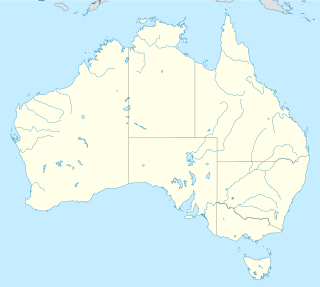 W
WThe following pages lists the power stations in Australia by region and status:
 W
WThe following is a list of the power stations in Bahrain.
 W
WThis is a list of power stations in Bangladesh.
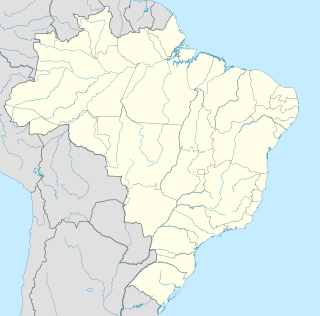 W
WThe following page lists the power stations in Brazil.
 W
WThis is a list of power stations located in Bulgaria. The list may be incomplete.
 W
WThis article lists the largest electrical generating stations in Canada in terms of current installed electrical capacity. Non-renewable power stations are those that run on coal, fuel oils, nuclear, natural gas, oil shale and peat, while renewable power stations run on fuel sources such as biomass, geothermal heat, hydro, solar energy, solar heat, tides, waves and the wind.
 W
WThe following page lists major power stations in the Czech Republic. As of 31 December 2009, power stations in Czech Republic have an installed electrical generating capacity of 18,326 MWe; of these 3,830 MWe in nuclear plants, 11,655 MWe in other thermal plants, 2,183 MWe in hydro plants, 193 MWe in wind power plants and 465 MWe in solar plants. Because of generous feed-in tariff solar plants boomed in 2010, reaching 1,394 MWe as of December 1, 2010.
 W
WThis page lists power stations in Ethiopia, both integrated with the national power grid but also isolated ones. Due to the quickly developing demand for electricity in Ethiopia, operational power plants are listed as well as those under construction and also proposed ones likely to be built within a number of years.
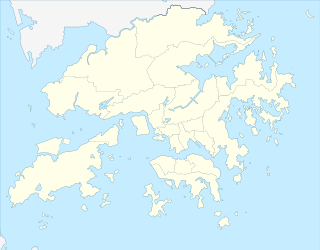 W
WThe following is a list of all of the active power stations in Hong Kong.
 W
WThe following page lists all power stations in Iceland. Nearly all of Iceland's electricity (>99%) is generated from renewables. The islands of Grimsey and Flatey rely on diesel as they are not connected to the grid.
 W
WThe total installed power generation capacity in India as on November 30, 2020 is 374,199.04 MW with sector wise & type wise break up as given below.
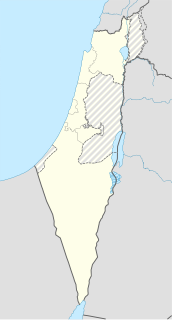 W
WThe following is a list of the power stations in Israel.
 W
WThe following page lists biggest power stations in Lithuania.
 W
W W
WThe following is a list of the power stations in Myanmar.
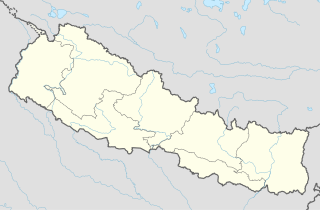 W
WThe following is a list of the power stations in Nepal.
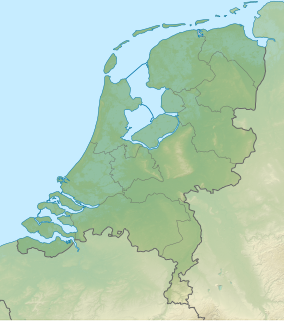 W
WThe following page lists all power stations in Netherlands.
 W
WThis is a list of power stations in New Zealand.
 W
WThis is a list of power stations in Pakistan. Pakistan has a total installed power generation capacity of over 38,719 MW as of 30th June 2020. Furnace oil, hydel, natural gas, LNG, coal, renewable and nuclear are the principal sources.
 W
WThe following is a list of the power stations in Peru.
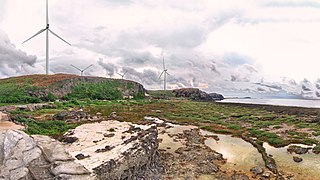 W
WHere is a list of some of the power plants in the Philippines.
 W
WThe following is a list of the power stations in Qatar.
 W
WThe following page lists all of the power stations operating in the Republic of Ireland during 2010.
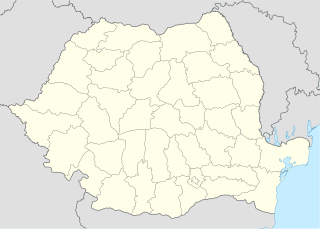 W
WThis is a list of the main thermal power plants in Romania which at the end of 2006 had a total generating capacity of 11.335 MW.
 W
WThe following page lists all power stations in Serbia.
 W
WThe majority of electricity in Singapore comes from natural gas power plants.
 W
WSri Lanka's electricity demand is currently met by nine thermal power stations, fifteen large hydroelectric power stations, and fifteen wind farms, with a smaller share from small hydro facilities and other renewables such as solar. Most hydroelectric and thermal/fossil fuel–based power stations in the country are owned and/or operated by the government via the state-run Ceylon Electricity Board (CEB), while the renewable energy sector consists mostly of privately run plants operating on a power purchase agreement with the CEB.
 W
WThis page is a list of power stations in Taiwan and the rest of the Republic of China that are publicly or privately owned. Non-renewable power stations are those that run on coal, fuel oils, nuclear power, and natural gas, while renewable power stations run on fuel sources such as biomass, geothermal heat, moving water, solar rays, tides, waves and the wind. By the end of 2011, Taiwan and the rest of the Republic of China had installed 41,401 MW of generating capacity across all types of power station.
 W
WAs of 2020, there are 47 coal-fired power stations in Turkey which generate to the grid a third of the nation's electricity. Coal-fired power stations emit over 1 kg of carbon dioxide for every kilowatt hour generated, over twice that of gas-fired power stations, and are the largest contributor to greenhouse gas emissions by Turkey. The stations' total capacity is 20 gigawatts (GW). The older power stations emit local air pollution. With a few exceptions stations smaller than 200 MW provide both electricity and heat, often to factories, whereas almost all those larger than 200 MW just generate electricity.
 W
WThe following page lists power stations in Ukraine.